COST BASIS
Cost basis is the original price you paid to acquire an asset. For equity investments, the cost basis begins as the original purchase price of the shares, which is later adjusted for stock splits, dividends, and distributions.
COST BASIS FOR SHAREHOLDERS
As of January 1, 2011, IRS regulations requires that brokers, transfer agents, and issuers report adjusted cost basis information to you and the IRS. This impacts you in several ways:
- A Form 1099-B will be sent to you by brokers and transfer agents whenever a covered stock sale takes place.
- When you transfer stock, you are required to identify if the transaction is a sale, gift, or inheritance.
- FIFO is the default method for calculating your cost basis, although you may select specific lot identification by submitting a request in writing to the broker or transfer agent.
- If you opt for specific lot identification, you must select the tax lot you wish to sell prior to the transfer taking place.
- Short sales are reported at the time the short is opened, rather than closed.
- You are required to consolidate all Form 1099-B’s you receive from brokers and transfer agents, and adjust the information as necessary on Schedule D.
QUICK TIPS & HIGHLIGHTS
- Only stock that is acquired on or after January 1, 2011 is covered by these new reporting regulations.
- When you submit a transfer, indicate whether the transaction is a gift, sale, or inheritance.
- If it is an inheritance, provide the fair market value of the securities as of the date of death.
- If you do not indicate what type of transaction you are presenting to the transfer agent, gift tax rules will apply.
COST BASIS FOR ISSUERS
How does cost basis reporting affect the issuer?
- 1099-B Reporting: All issuers of common stock are required to report the adjusted cost basis of shares acquired on or after January 1, 2011. Reporting to each shareholder and to the IRS in the form of a 1099-B is required upon the sale or disposition of shares.
- Corporate Action Reporting: Issuers are required to report both to the IRS and to shareholders (via permanent website posting) specific information about how corporate actions affect the cost basis calculation of shares. Corporate actions include, but are not limited to, dividends, stock splits, mergers, and acquisitions. The information must be made available to shareholders and the IRS by 45 days after the effective date of the corporate action, or by January 15 of the following year (whichever is earlier).
- Fines and Penalties: Issuers that don’t report properly are subject to fines as high as 10% the amount that should have been reported with no maximum limit. In the case of mergers and acquisitions, both the acquiring and acquired companies are held “jointly and severally liable” for failure to properly report the adjusted cost basis. In addition, issuers remain liable for errors even if they use an agent to satisfy their reporting requirements.
Issuers, please note that if the cost basis is not provided, it will automatically default to the Fair Market Value.

